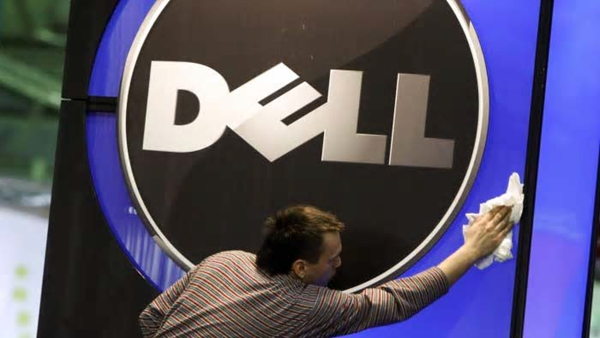|
Hedge funds
Hedge funds fight to save M&A arbitrage
strategy
Challenging deal prices in court
has become risky after latest ruling in Delaware
|

A listing could
enable Dell to tap into soaring public market valuations and
potentially give it a currency to mount further deals © Reuters
|
Sujeet Indap
[FEBRUARY
21, 2018]
Hedge funds which use the US courts to
wring higher prices for merger and acquisition deals are fighting to
save the lucrative investment strategy, after a
Delaware court ruling that threatens to shut it down.
Verition Partners, an investor in Aruba
Networks, which was acquired by Hewlett- Packard in 2015, has asked a
judge to reconsider a ruling last week that not only refused to raise
the price of the deal but cut the payout to the hedge fund by 30 per
cent.
The judge said that the efficient
markets hypothesis suggests the fair price for a takeover target is
the share price that prevailed in the run-up to the deal — not
including the premium an acquirer agrees to pay, and without regard to
any financial model that might suggest a higher fundamental value.
Matthew Giffuni, managing partner at
Quadre Investments, another hedge fund that has mounted legal
challenges to deals, said the strategy was in limbo until the
efficient markets hypothesis ruling could be challenged in Delaware’s
Supreme Court.
“We all know that private equity excels
at finding large-cap stocks that are not priced correctly,” he said.
“Warren Buffett wouldn’t be Warren Buffett if every large-cap stock
were priced correctly.”
Mounting legal challenges to valuations
after a deal has closed has become a significant niche for merger
arbitrage hedge funds. These “appraisal”
cases seek to profit by convincing judges in Delaware, where most US
companies are incorporated, to give them a higher payout.
Billions of dollars flooded into the
strategy after the Delaware Court of Chancery awarded big premiums to
dissident shareholders in the 2014 buyouts of Dell and DFC Global, but
the state’s supreme court later upheld the
existing deal prices.
In those rulings, the higher court also endorsed the use of the
efficient markets hypothesis in some instances.
The latest surprise ruling introduces
new and significant downside risk for challengers.
“After Dell and DFC, it appeared that in
many appraisal actions, the lowest amount an arbitrageur would likely
receive was the deal price. Aruba makes appraisal arbitrage even
riskier,” said Ann Lipton, a law professor at Tulane University.
“The door is, however, not totally
closed for dissenters who seek to profit from an appraisal action.
They can argue that the market was not efficient, or that information
was concealed from the market ... But the bar is very high now to get
a price that meaningfully exceeds the deal price.”
“Appraisal is dying, if not dead,” one
long-time investor in the strategy said.
Verition had argued that discounted cash
flow models indicated Aruba’s fair value exceeded $30 per share,
versus the $24.67 paid by HP. But Delaware vice-chancellor Travis
Laster ruled that fair value was just $17.13 per share, the average
price in the 30 trading days before news of the deal leaked.
The hedge fund this week formally asked
the judge to reconsider, a move that could be followed by an appeal to
the Delaware Supreme Court.
Copyright The Financial Times Limited 2018.
|
